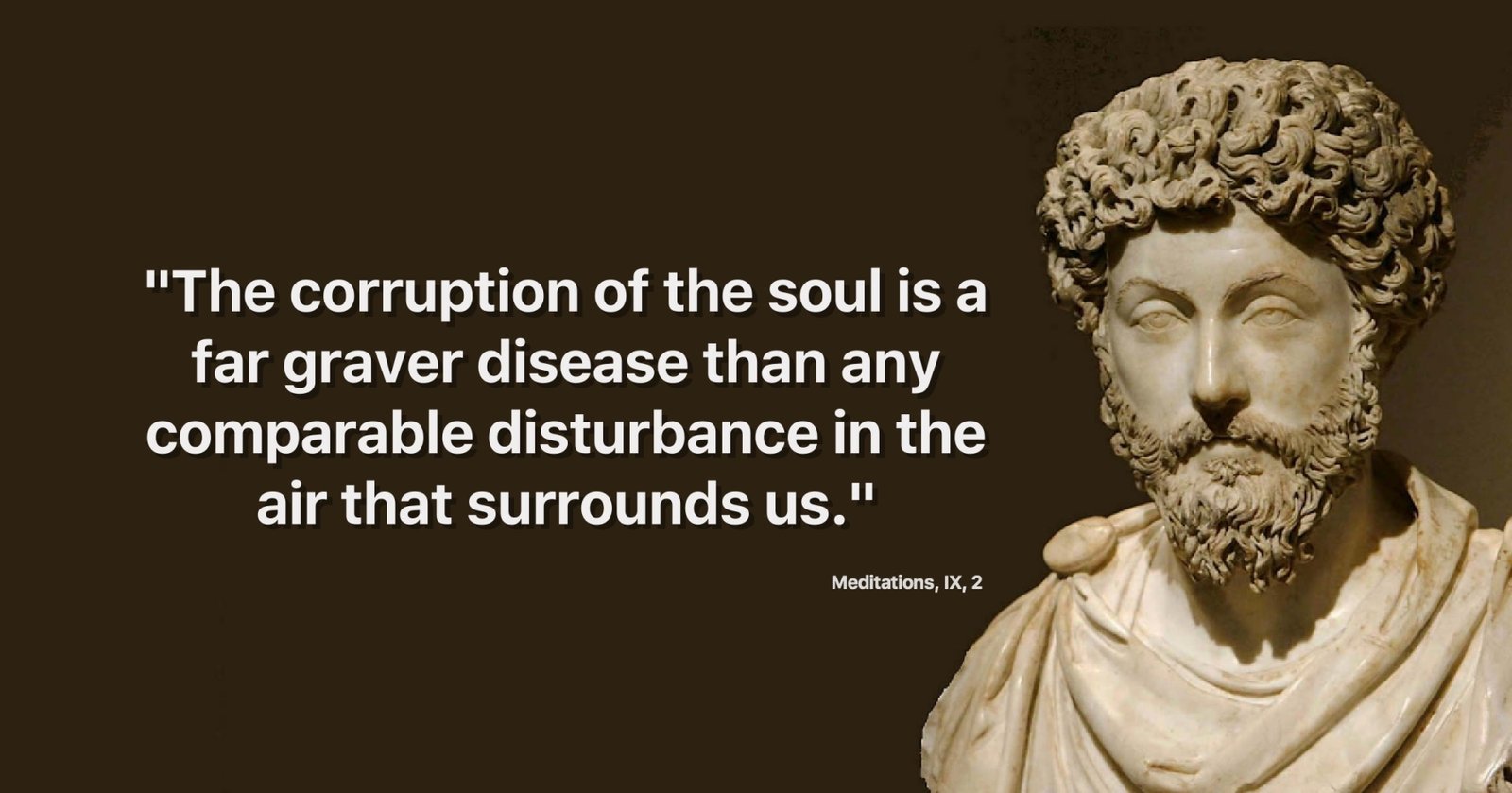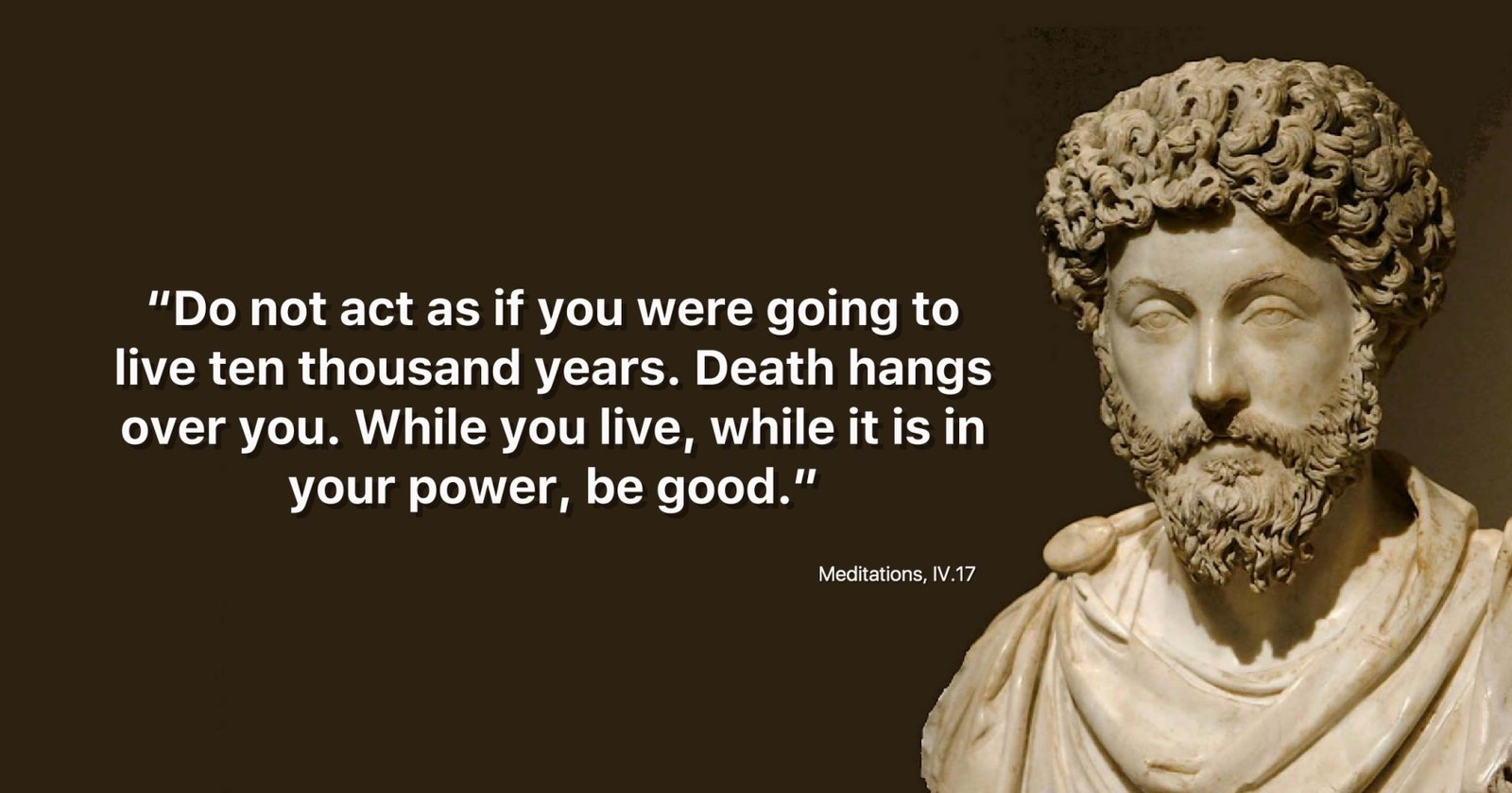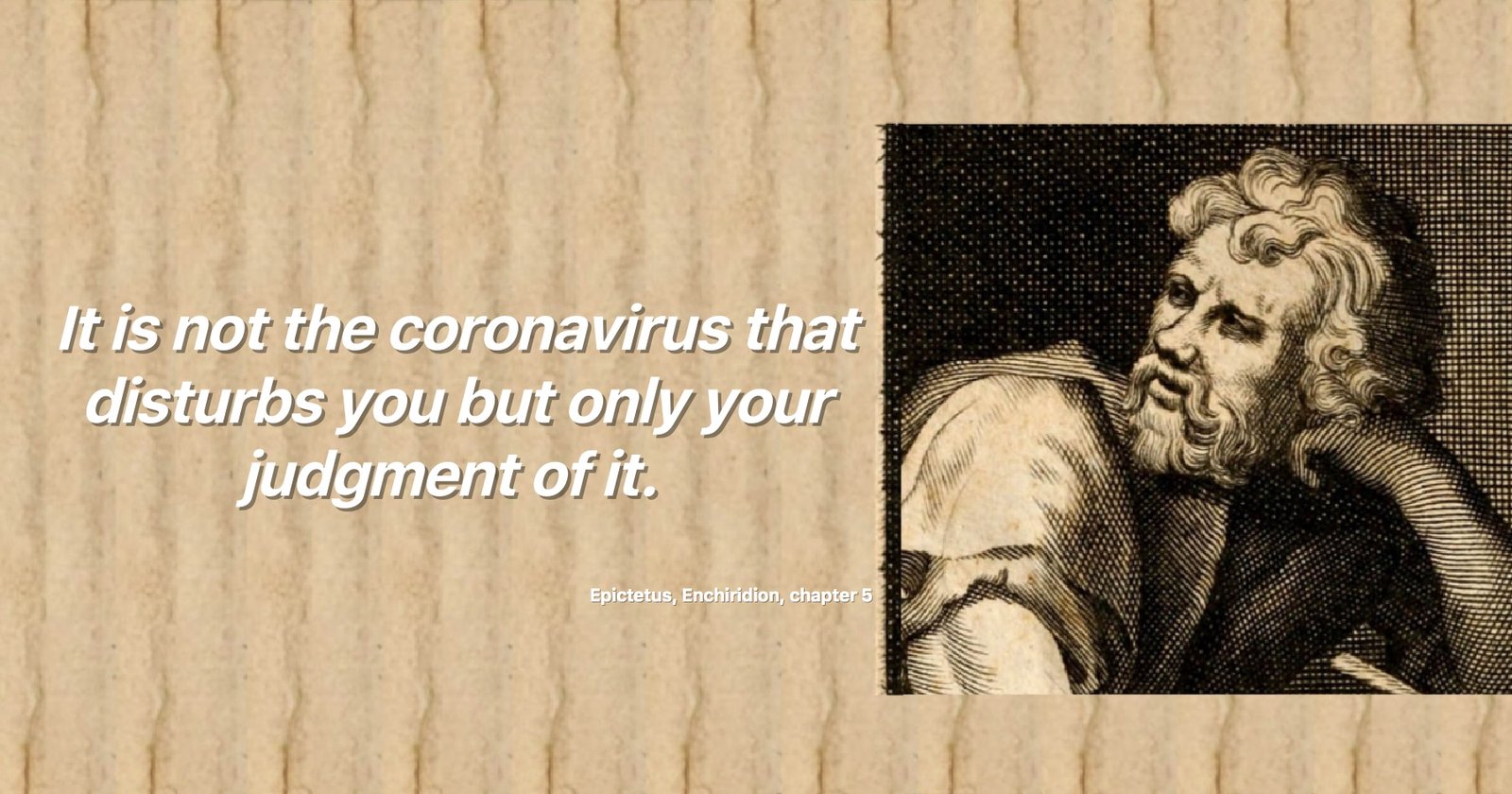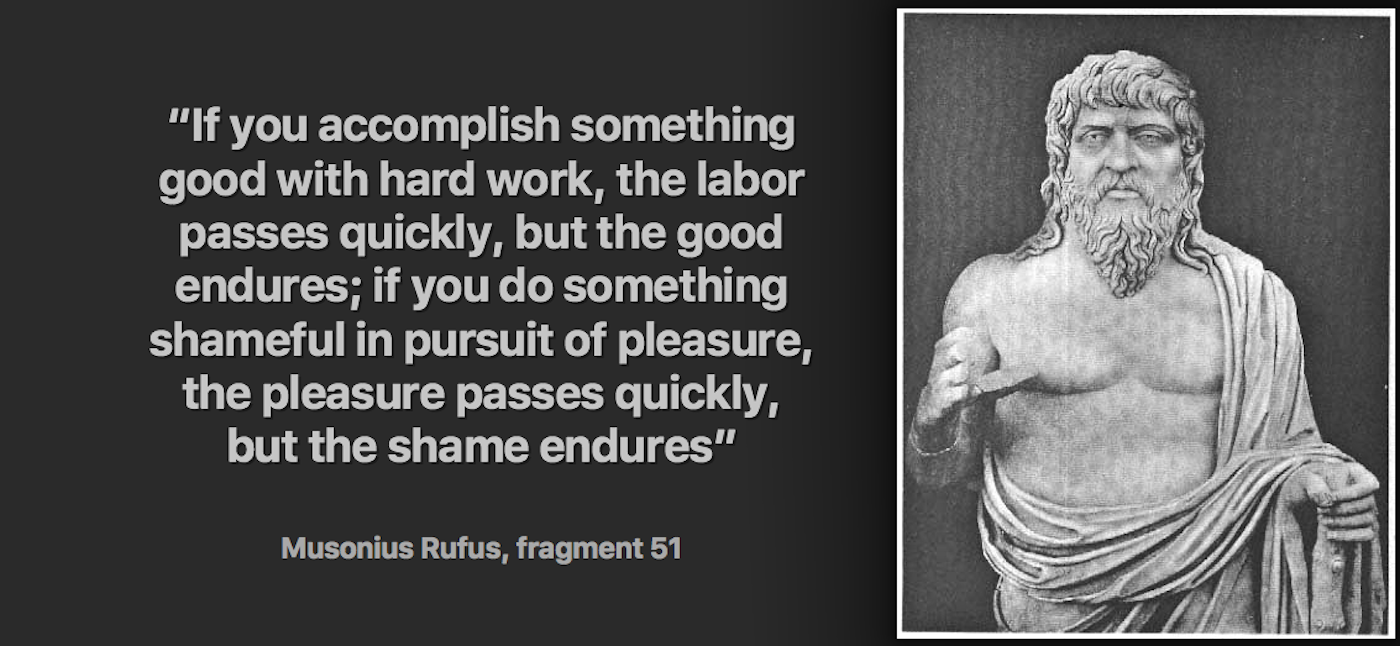Marcus Aurelius died 1840 years ago, on March 17th, 180AD, during an expedition against the Marcomans in Vindobona (now Vienna). He was a victim of the Antonine Plague that devastated the population of the Roman Empire, causing the death of five million people, almost 5% of the Empire’s population.
“By the middle of the second century A.D. the commercial and financial prosperity of the Roman Empire was formidable and when Antoninus Pio died in 161, the financial surplus left to his successor, Marcus Aurelius, was 2.7 billion sesterces. The crisis that incapacitated the Roman Empire in the 2nd century A.D. and fatally injured its supremacy was not caused by a human enemy but by a microscopic and lethal virus. The invisible threat originated in Central Asia, where it was released into the expanding population of the Ancient World. When the pandemic reached the Far East in 161 A.D., it began to inflict appalling deaths on the population of the Han Empire. At the military borders, Chinese forces lost between 30% and 40% of their personnel, with soldiers either killed or weakened by the first deadly outbreaks of infection. The virus led the same devastation to the fortified Roman borders and imposed greater fatalities among the legions than any barbaric horde could wish to attain. The pandemic also spread the infection through the Mediterranean core of the empire, transmitted in the Roman bazaars crowded with people conducting their business. For the first time since the time of Augustus, there has been a serious decline in state finances” (The Roman Empire and the Silk Routes, Raoul MacLaughlin)
Marcus Aurelius knew death closely, both in battle and at home, having lost 6 of his 13 children. He consoled himself in the following way:
Another prays: How shall I not lose my son? You do: How shall I not be afraid to lose him? (IX, 40)
The Meditations contain numerous passages reminding us that illness and death are natural and should not be feared. For example, Aurelius says:
“Do not act as if you were going to live ten thousand years. Death hangs over you. While you live, while it is in your power, be good.” (IV,17)
“Everything is ephemeral, both that which remembers and that which is remembered.” (IV,35)
“You’re a little soul carrying a corpse”(IV,41)
“Alexander the Macedonian and his groom by death were brought to the same state; for either they were received among the same seminal principles of the universe, or they were alike dispersed among the atoms. (VI, 24)
“It is not death that a man should fear, but he should fear never beginning to live.”
Meditations of Marcus Aurelius
Donald Robertson, author of “How to Think Like a Roman Emperor: The Stoic Philosophy of Marcus Aurelius“, wrote a dramatic account of the events surrounding the Antonine Plague and the discussion of these events in relation to the stoic philosophy. Excellent reading.








